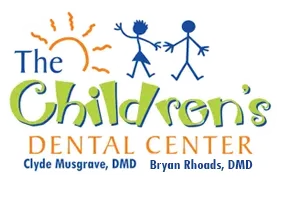Fourteen out of 100,000 people suffer from bulimia nervosa, which primarily affects adolescent and young adult females. It is an eating and psychiatric compulsive disorder that can lead to serious problems with your child's teeth if left untreated. One-third of those who suffer from bulimia nervosa have
Read moreContact Us
Send Us An Email
Our Location
Find us on the map
Office Hours
Our Regular Schedule
Monday:
8:00 am-5:00 pm
Tuesday:
8:00 am-5:00 pm
Wednesday:
8:00 am-5:00 pm
Thursday:
8:00 am-5:00 pm
Friday:
8:00 am-12:00 pm
Saturday:
Closed
Sunday:
Closed
